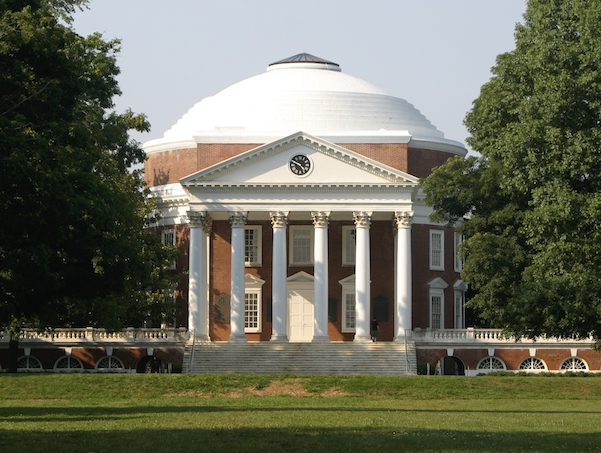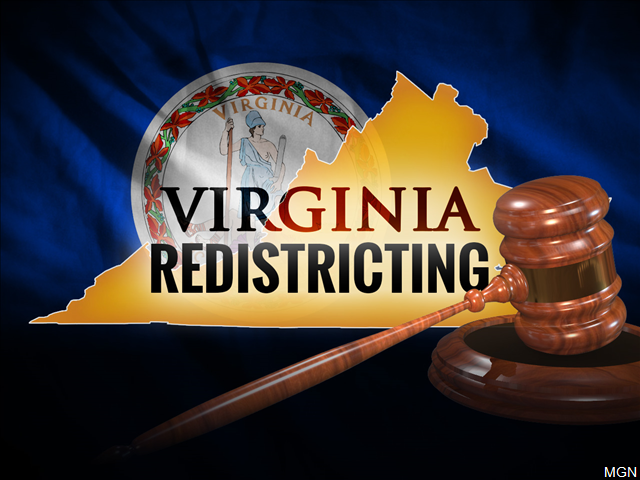WOODBRIDGE, Va. (AP) — Police in Virginia say a teen suspected of shooting and wounding two others...
Across Virginia
NORFOLK, Va. (AP) — A former Virginia police officer has been indicted on charges stemming from his...
The Virginia Department of Health this morning is reporting 4,255 new confirmed and probable cases, which marks...
The Virginia Department of Health this morning in reporting 3,407 new confirmed and probable coronavirus cases and...
The VDH today is reporting 3,520 new coronavirus cases statewide, which is the largest single day case...
State health officials say the numbers of childhood vaccines being administered in Virginia has fallen significantly in...
Virginia’s statewide SOL tests results took a nosedive this spring. State education officials say it was an...
The Virginia Department of Health is now breaking down its daily count of COVID-19 cases by vaccination...
ANNANDALE, Va. (AP) — Hundreds of Afghan refugees are staying at a northern Virginia campus as they...
More than 200 University of Virginia students who didn’t comply with the school’s COVID-19 vaccine requirement have...
Virginia’s unemployment fell to 4.2% in July, down from 7.9% one year earlier. The largest over-the-year job...
Virginia’s first-ever redistricting commission is quickly dividing along partisan lines, and Virginia Tech Political Science Professor Bob...
The VDH today reported 2,552 new coronavirus cases, marking the largest single day spike in new cases...
The Republican nominee for Virginia Governor is looking to put billions of dollars toward providing tax relief...
Virginia Redistricting Commission members say if anything appears certain, it is that lawsuits are likely to challenge...








